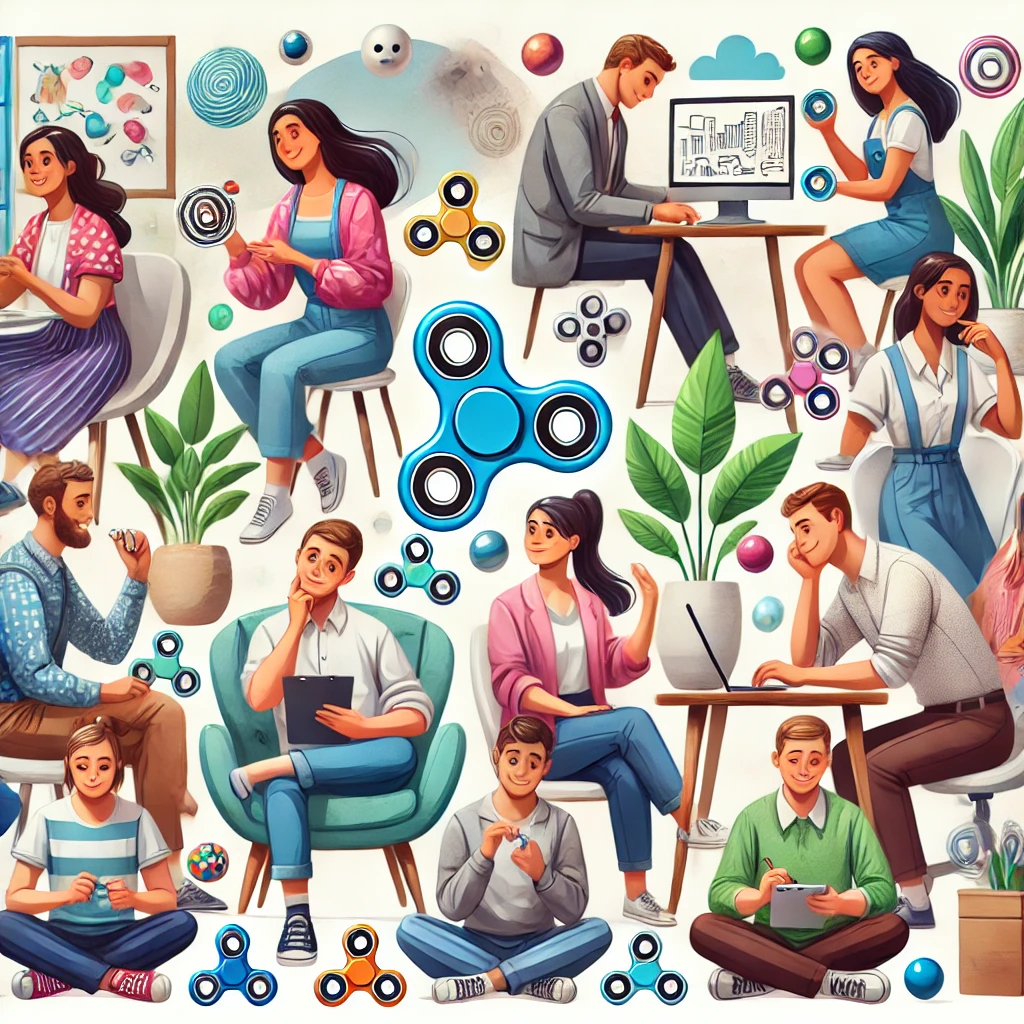7 Tips for ADHD and Listening | Kristen McClure, Therapist

Do you find it difficult to stay engaged during conversations or feel like you're constantly catching up with what's being said? Attention-deficit hyperactivity Disorder (ADHD) can make focusing on conversations challenging, leading to misunderstandings and conflicts in personal and professional relationships. As a therapist, I've compiled some strategies to help improve your listening abilities, tailoring these tips specifically for ADHD women, who often experience these challenges in unique ways.
Learning new skills can be daunting, and it's easy to be hard on yourself if progress seems slow. Instead of self-criticism, practice self-compassion. Remind yourself that everyone learns at their own pace and that it's okay to take time to improve your listening skills.
By incorporating these strategies into your daily interactions, you can enhance your listening skills and, consequently, your relationships. Remember, improving communication is a journey, and every step forward is progress.
Check out this post on communication hacks when you have adhd from Webmd





